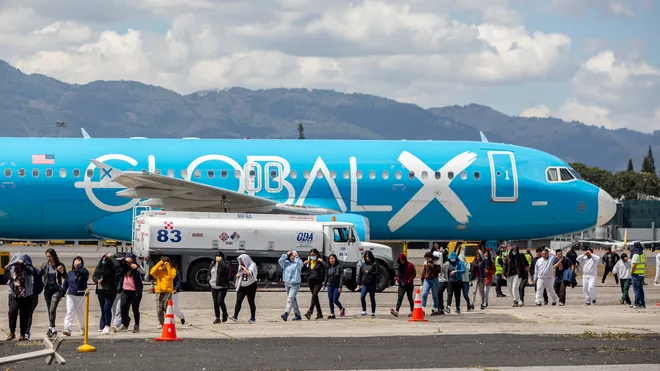
The United States Supreme Court has allowed the deportation of eight migrants to proceed to South Sudan, a country they have no personal or familial ties to, following a split decision by the court’s conservative majority.
The migrants, who had previously been convicted of serious crimes, were detained on a naval base in Djibouti after a lower court halted the deportation flight in May 2025. The Supreme Court ruled that immigration officials have the authority to carry out removals to third countries, effectively overriding federal Judge Brian Murphy’s ruling that had blocked the transfer on humanitarian grounds.
The decision has sparked sharp criticism, particularly from liberal justices and immigration advocates, who argue that the migrants could face extreme danger, including torture or death, upon arrival in the politically unstable South Sudan. Justice Sonia Sotomayor, dissenting, accused the administration of bypassing judicial norms, while Justice Elena Kagan noted that the Supreme Court’s intervention directly countered Murphy’s findings. Advocacy groups warned that the men fear persecution in a country currently grappling with rising political tensions and the threat of renewed civil conflict.
The ruling aligns with the Trump administration’s broader immigration agenda, which aims to intensify deportations and reduce legal pathways for migrants. The administration has lauded the Supreme Court’s intervention as a victory for law enforcement and national security, while critics see it as a troubling precedent that disregards basic human rights protections. Legal experts say the decision could embolden future deportations to volatile third countries, raising new concerns over the treatment of vulnerable individuals in the U.S. immigration system.
